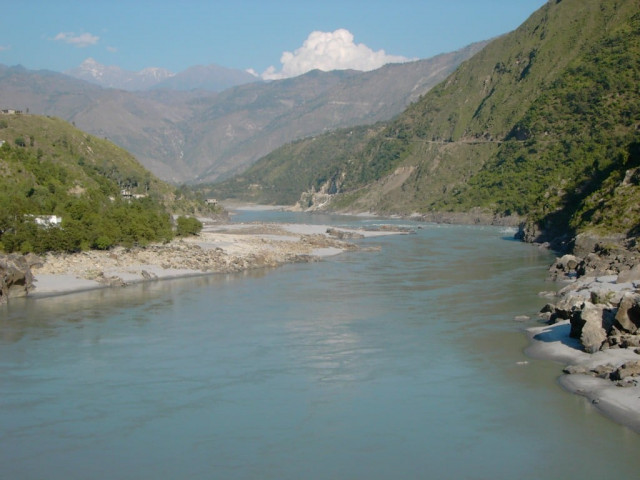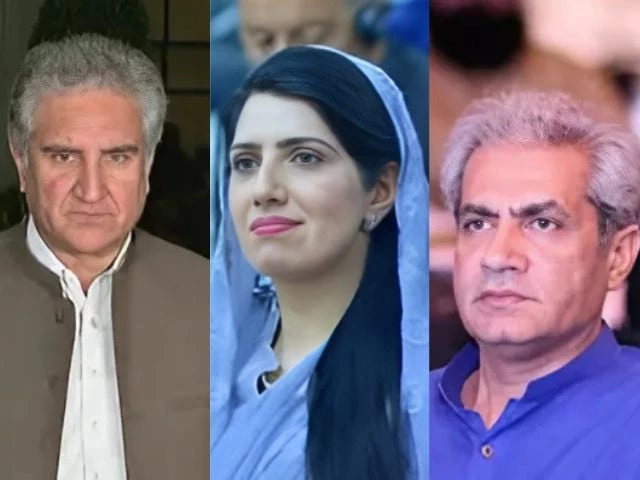Tensions Rise Over Indus Waters Treaty: India and Pakistan’s Water Dispute
In recent news that many are buzzing about, Pakistan has raised concerns after India bypassed the Indus Waters Treaty (IWT) by issuing flood warnings through diplomatic channels instead of the designated Indus Water Commission. This latest development could have implications for regional stability, and it’s important to unpack what’s happening.
The Indian High Commission in Islamabad sent Pakistan a warning about a “high flood” in the River Tawi, but this wasn’t just a casual heads-up. It marked the first communication of its kind since India suspended the treaty earlier this year, following an attack in Pahalgam in April. The Pakistani Foreign Office quickly voiced its objections, emphasizing that India should have communicated through the appropriate channels as required by the IWT.
What’s crucial to understand here is that the IWT, brokered by the World Bank back in 1960, governs water sharing between these two countries. It allocates the eastern rivers—Ravi, Beas, and Sutlej—to India while granting control of the western rivers—Indus, Jhelum, and Chenab—to Pakistan. The intent is to make sure that neither side disrupts the other’s water supply significantly.
With India’s recent actions, many experts believe they are trying to change the dynamics of this longstanding agreement. A senior Pakistani official described it as an attempt to establish a “new normal” in how India engages with Pakistan regarding water resources. In contrast, an unnamed Indian official justified the warning by stating it was shared on "humanitarian grounds" rather than as a treaty obligation.
Consequences for Pakistan could be severe as rising waters in the River Tawi may affect the flow into the Chenab, prompting Pakistan’s Provincial Disaster Management Authority to sound alarms for districts like Gujrat and Sialkot. Local administrations have been directed to activate emergency response systems in anticipation of potential flooding.
The Permanent Court of Arbitration recently reaffirmed that India must adhere to the treaty and cannot simply opt out of its commitments. Both nations have a vested interest in maintaining a cooperative relationship, especially in light of the potential for water shortages in the region. Islamabad has stated clearly that any obstruction of water would be perceived as an aggressive move.
As discussions about water management and treaty adherence unfold, it’s a good moment for individuals interested in international relations, environmental issues, or regional politics to stay informed. Understanding these dynamics can help foster dialogue and solutions.
For more insights and engaging discussions on topics like this, feel free to check out Pro21st. It’s a great platform for connecting with like-minded people and diving deeper into these critical issues.
At Pro21st, we believe in sharing updates that matter.
Stay connected for more real conversations, fresh insights, and 21st-century perspectives.





